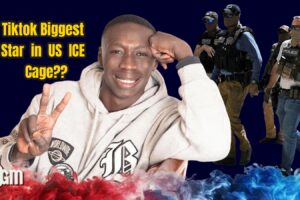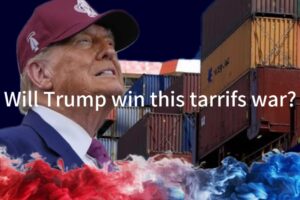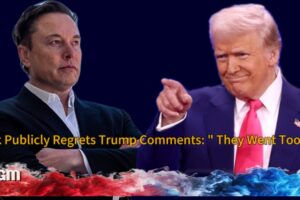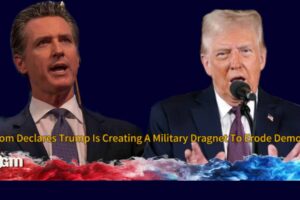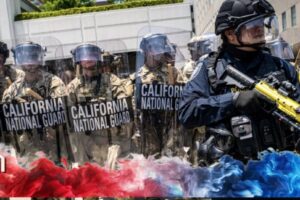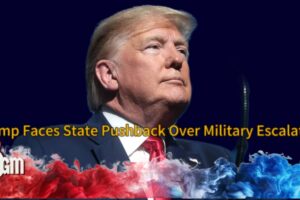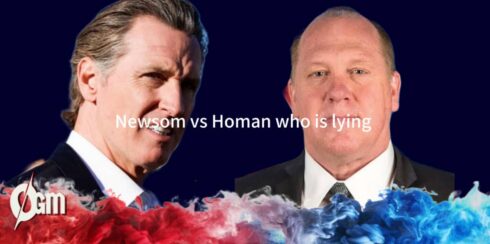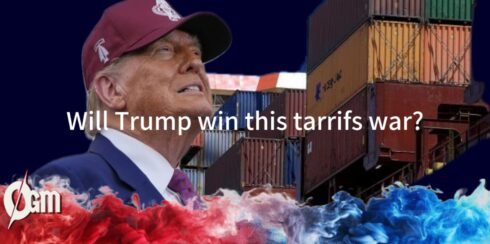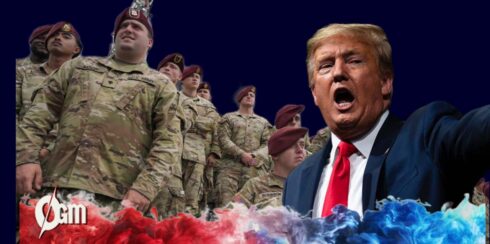The Trump administration’s top immigration enforcement official clarified Monday that there are currently “no plans to arrest” California Governor Gavin Newsom, stepping back from earlier suggestions that state officials could face federal charges for allegedly obstructing Immigration and Customs Enforcement operations. The clarification came after President Trump publicly endorsed the idea of arresting Newsom, intensifying an already heated confrontation between federal and state authorities over immigration enforcement in Los Angeles.
White House “border czar” Tom Homan told CBS News that previous statements about potential arrests had been “taken out of context,” though he warned that any officials who “cross the line” and commit crimes against ICE officers would face prosecution regardless of their position. The dispute has escalated into a legal and political battle that has drawn national attention to the limits of federal versus state authority in immigration enforcement.
ICE Operations Spark Widespread Protests and Federal Response
Immigration and Customs Enforcement actions in Los Angeles have triggered significant public demonstrations, with protesters taking to the streets to oppose the federal operations. According to Homan, the protests have resulted in property damage and assaults on ICE agents, prompting what he described as necessary federal intervention to restore order and protect federal personnel.
The administration’s response has been swift and extensive, with President Trump ordering both National Guard troops and Marines to deploy to Los Angeles. The federal deployment includes 700 members of the Marine Corps supporting National Guard operations, representing what Newsom’s office has characterized as an “unprecedented” level of federal intervention in local affairs.
Local officials and community leaders have expressed concerns that the heavy federal presence could further inflame tensions rather than calm the situation. They maintain that local law enforcement agencies are fully capable of managing the protests without federal military assistance.
Governor Newsom Challenges Federal Authority Through Courts
Governor Newsom has responded to the federal troop deployment with immediate legal action, filing a lawsuit Monday challenging what he characterizes as an illegal federal military deployment conducted without state consent. The lawsuit represents a direct challenge to the Trump administration’s authority to deploy federal forces in California without the state’s permission.
The legal challenge centers on constitutional questions about federal versus state authority, particularly regarding the deployment of military personnel for domestic law enforcement purposes. Newsom’s office argues that the federal government overstepped its bounds by activating troops without following proper procedures or obtaining state approval.
In a defiant statement responding to earlier arrest threats, Newsom declared “Come and get me, tough guy,” signaling his intention to continue challenging federal immigration enforcement policies despite potential personal consequences.
OGMNews.COM
“Trump Administration Walks Back Arrest Threat Against Newsom Amid Los Angeles ICE Standoff
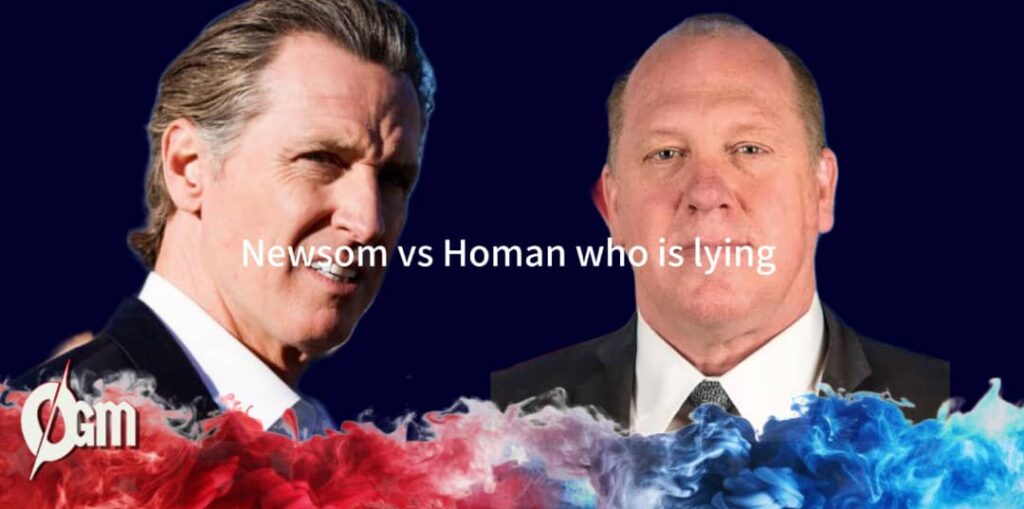
President Trump intensified the confrontation Monday when asked about the possibility of arresting Governor Newsom, stating “I’d do it if I were Tom,” referring to border czar Homan. The president added that while “Gavin likes the publicity,” he believed such an arrest “would be a great thing,” comments that immediately drew national attention and criticism.
Trump has consistently criticized Newsom’s handling of the Los Angeles situation, accusing the governor of failing to address violence and properly support federal immigration enforcement efforts. The president Trump’s public comments supporting Newsom’s potential arrest marked a significant escalation in the ongoing federal-state dispute.
The presidential endorsement of arrest proceedings against a sitting governor represents an unusual development in American politics, raising questions about the separation of powers and the appropriate limits of federal enforcement authority against state officials.
Border Czar Sets Conditions for Potential Prosecutions
Despite the president’s supportive comments, Tom Homan emphasized that any decisions about prosecuting state officials would ultimately rest with the Department of Justice. He maintained that while there are currently no plans to arrest Newsom, the situation could change if state officials are found to have actively obstructed federal immigration operations.
Homan has previously suggested that elected officials could face federal charges if they impede ICE operations, though he has not provided specific details about what actions would constitute crossing that line. In Saturday’s NBC News interview, he declined to explicitly rule out arrests of both Newsom and Los Angeles Mayor Karen Bass, though he noted that Bass had not yet “crossed the line.”
The border czar’s position reflects the administration’s broader strategy of using the threat of prosecution to discourage state and local officials from interfering with federal immigration enforcement, while maintaining enough flexibility to avoid immediate legal confrontations.
Local Officials Defend State Authority and Criticize Federal Overreach
Los Angeles Mayor Karen Bass and other local officials have joined Newsom in criticizing what they view as excessive federal intervention in local affairs. They argue that the deployment of federal troops represents an unwarranted escalation that could worsen tensions rather than resolve the underlying issues driving the protests.
Local law enforcement officials have maintained that they are fully capable of managing the situation without federal military assistance, questioning the necessity and legality of the troop deployment. They express concern that the federal presence could be seen as provocative by protesters and community members, potentially leading to further unrest.
The local response reflects broader concerns about federal overreach and the militarization of immigration enforcement, with officials arguing that community-based approaches would be more effective than heavy-handed federal intervention. The dispute has become a test case for the balance between federal immigration authority and local governance.

